Apple Watch Series 9 vs Samsung Galaxy Watch 6: differences explained
We may earn a commission if you make a purchase from the links on this page.
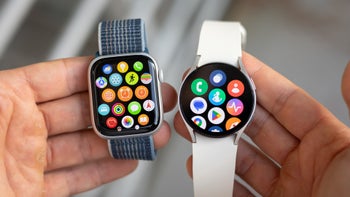
Intro
Which is the better smartwatch: the Apple Watch Series 9 or the Samsung Galaxy Watch 6?
Many people would say this is a theoretical question as the Galaxy Watch won't work with iPhones, and Apple Watches don't work on Android, so your choice of a smartwatch is very limited by the smartphone you use.
But in case you just want to know which is the ultimate smartwatch right now in terms of features, or are considering switching from Android to iPhone, or vice versa, you might want to know. So... let's find out which one is the better watch!
Apple Watch Series 9 vs Samsung Galaxy Watch 6: differences
- Apple Watch is square, Samsung is round
- Both come in small and large sizes
- Both come with quick swap bands
- Apple Watch has more apps
- Apple Watch expected to have more accurate sensors
- Apple Watch expected to be a bit more expensive
Table of Contents:
Design & Sizes
Stylish, each in their own way
It's easy to tell these two apart: for once, the Apple Watch Series 9 is a rectangle and the Galaxy Watch 6 is round.
One thing that is similar for both is how little they have changed from previous generations: the Apple Watch Series 9 has looked the same in the past few years (and some may argue from the very beginning), and the Galaxy Watch is also extremely similar to previous Samsung watches (it is a bit thinner now, though).
Both arrive in a smaller size option (41mm with the Apple Watch, 40mm on the Galaxy) and a larger one (45mm with Apple, 44mm on Galaxy).
The Apple Watch Series 9 base aluminum model features toughened glass and time has shown that this one can scratch, while for sapphire you need to buy the $800 stainless steel Apple Watch. In comparison, the Galaxy Watch 6 has sapphire glass on both the front and the bottom part in its base and only model, which is great! Sapphire is much more durable, and some estimates claim it is 60% better at resisting scratches compared to glass.
Bands
Apple's quick swap band system is better, but Samsung has finally done something for easy band swaps
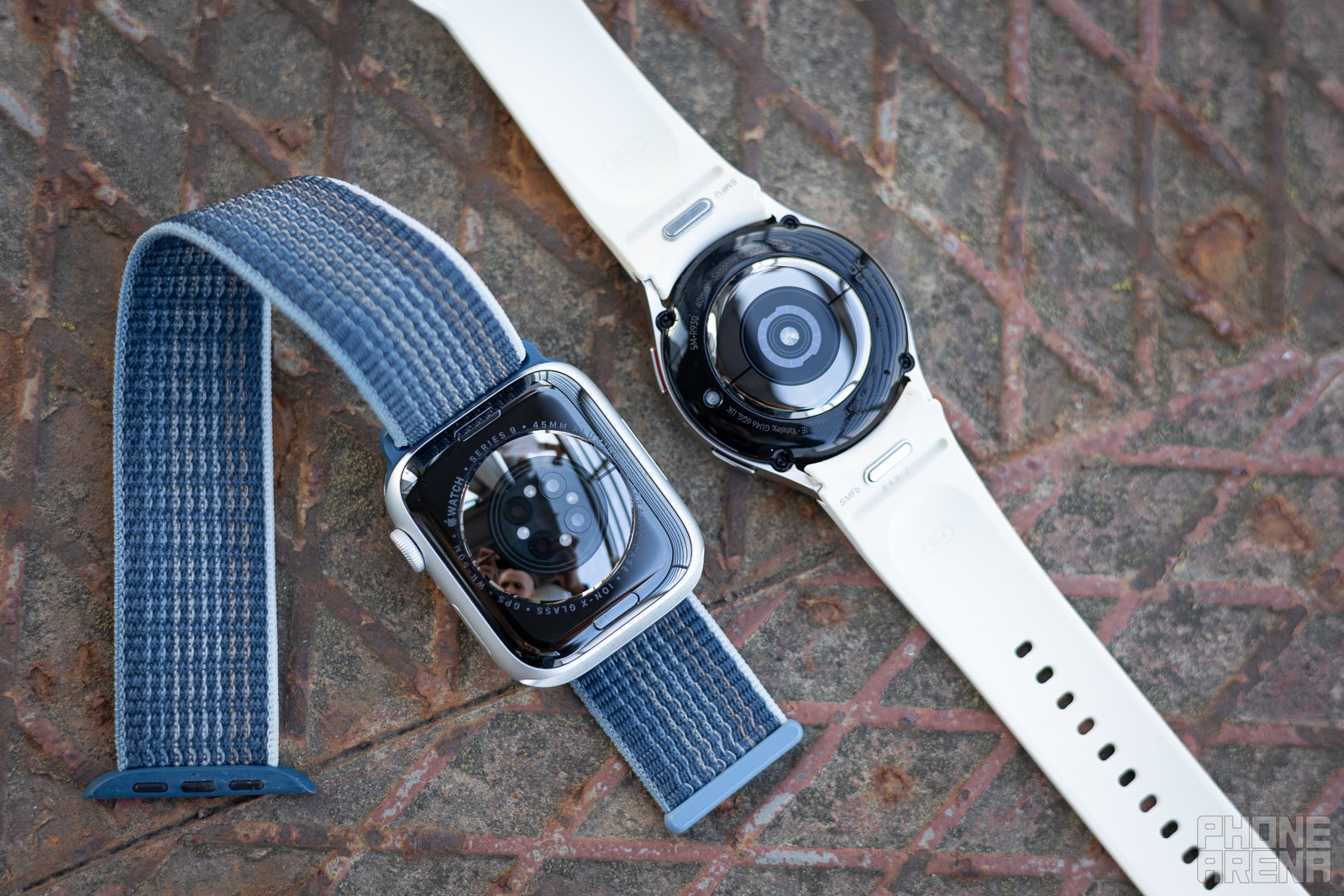
(Image Credit - PhoneArena) Both now have their own quick swap strap system
The Apple Watch Series 9 uses the same band swap system it's had since the very first model, with the only new thing being one new fabric band with a magnetic clasp.
Samsung, on the other hand, brings new one-click bands to the Watch 6, a nice upgrade from spring bar bands that it used before. This new system takes a bit of getting used to, but it's indeed quicker than the spring bars from the past. By the way, you could still use a strap with spring bars on the Galaxy Watch, they are back compatible, which we do appreciate.
Software & Features
Can WearOS catch up?
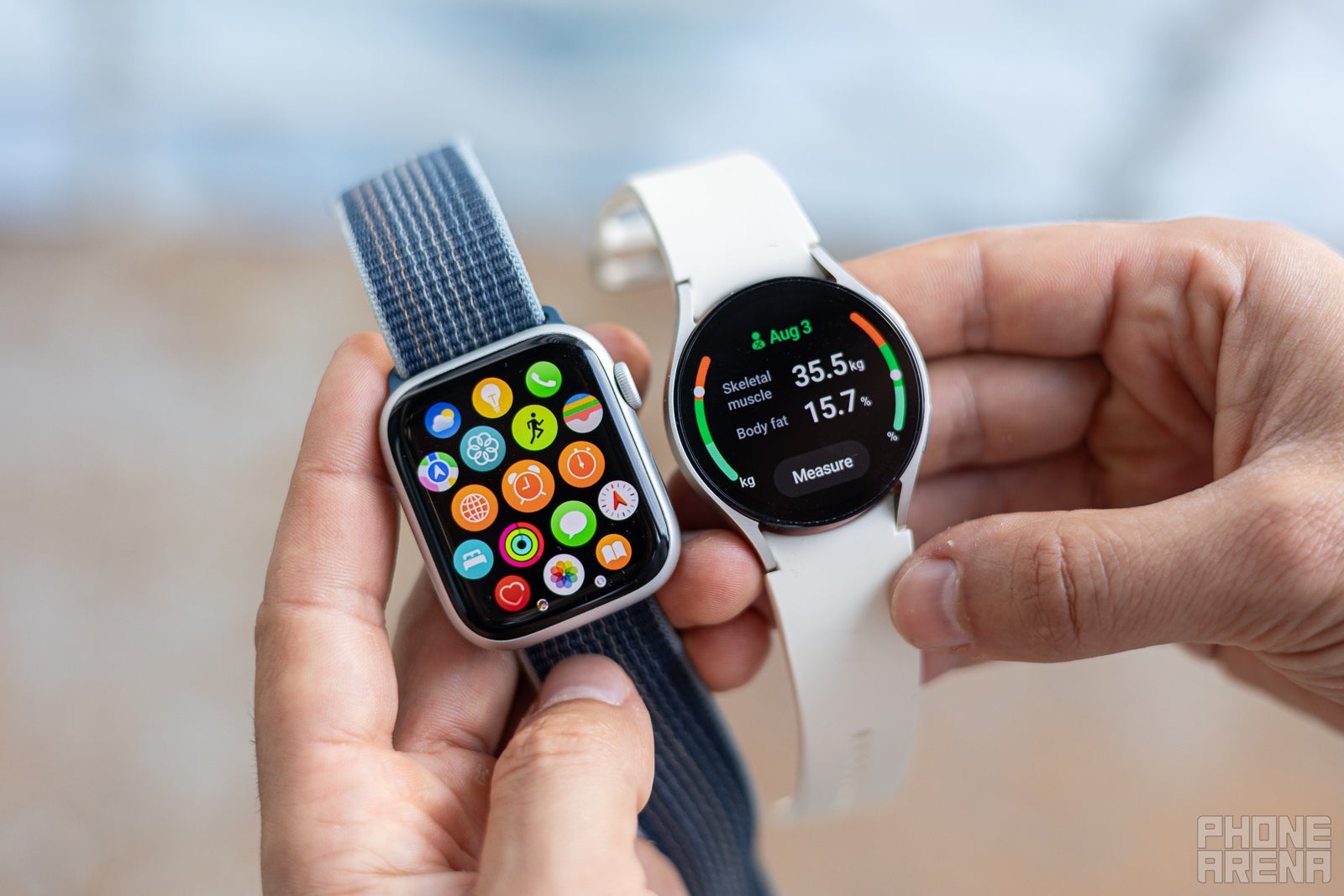
(Image Credit - PhoneArena) Samsung offers a few cool experimental features like measuring your Body Fat and BMI
When it comes to software, Apple runs on watchOS 10, while Samsung uses Googles' Wear OS 4 platform.
After ten iterations, watchOS is clearly the more refined platform with more apps, but WearOS is also growing now, especially in the last two years that Samsung has been using it.
You use both platforms in a similar way: swipe and tap around, and you have all essential functions on both:
- heart rate monitoring
- workout tracking
- sleep tracking
- blood oxygen measurements
- ECG function
Galaxy Watch 6 vs Apple Watch Series 9: Which one is better for sleep tracking?
The Apple Watch S9 is a bit more capable as a fit tracker and after using both, we can say that both do a fine job detecting your overall sleep time, but the Apple Watch is more accurate estimating a correct amount of deep sleep, while the Galaxy Watch is off with that number.
One difference we also have to mention is that the Galaxy Watch is able to track naps, a feature that is not available on Apple Watches.
Galaxy Watch 6 vs Apple Watch Series 8: Which one has more accurate heart rate tracking?
Apple Watches have traditionally been the gold standard for heart rate tracking in the smartwatch world. For runs or other vigorous activities, we measured Apple Watches heart rate measurements are extremely close to a dedicated chest-mounted heart rate monitor (we used the Polar H10).
The Galaxy, on the other hand, falls behind even some offerings from far smaller companies like running watch maker Coros. The Galaxy Watch showed quite a few discrepancies in its heart rate measurements overall.
Battery and Charging
One day battery life
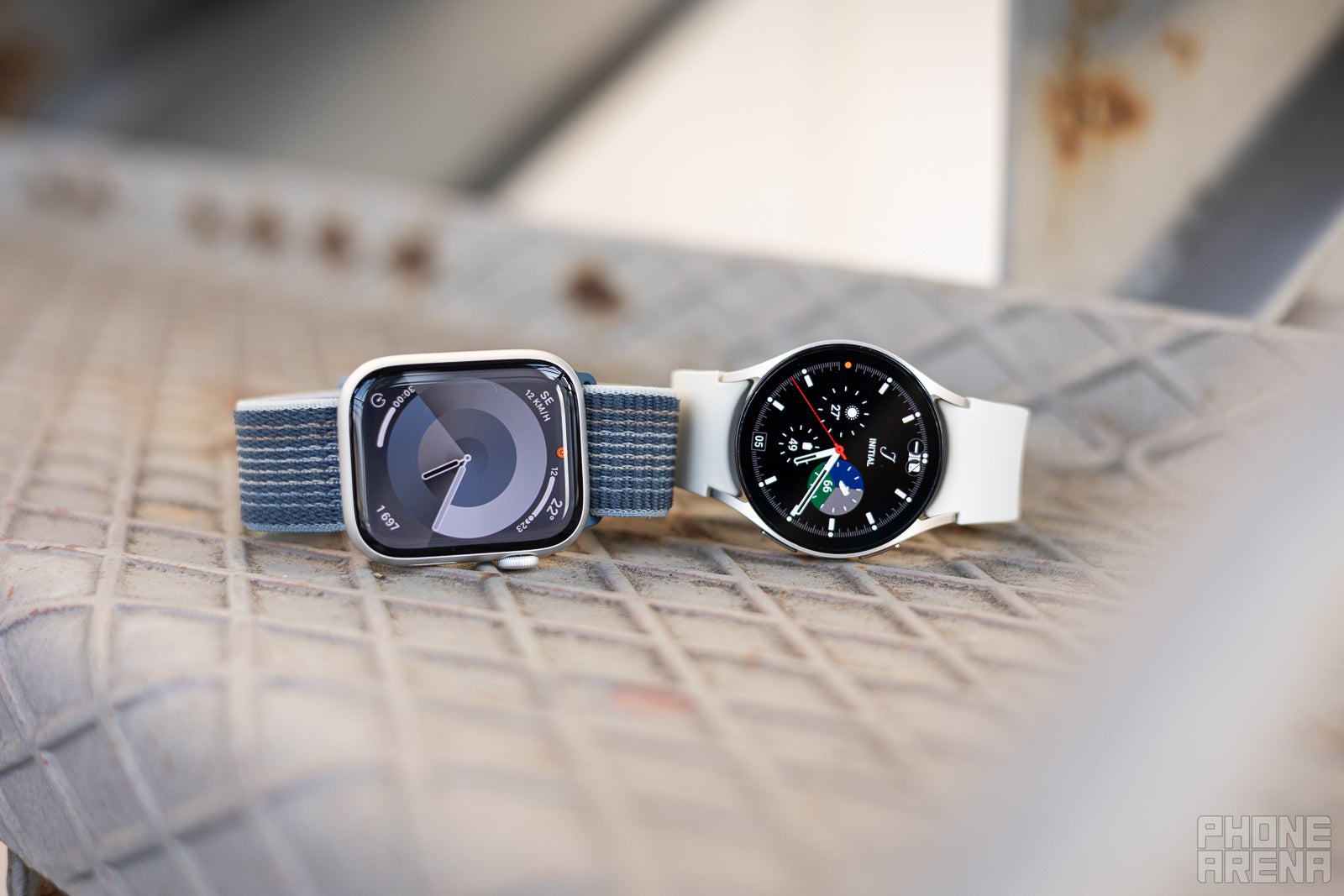
(Image Credit - PhoneArena) One day battery life on both
Want a smartwatch that can last more than one day between charges? Well, these two ain't it.
Expect around 30 hours or real-world battery life on both of these, but what is clear is that none of them will last two days between charges.
And if you are curious about the actual battery sizes, here are the numbers we expect to see:
- Galaxy Watch 6 40mm battery size: 300 mAh
- Apple Watch Series 9 41mm battery size: 282 mAh
- Galaxy Watch 6 44mm battery size: 425 mAh
- Apple Watch Series 9 45mm battery size: 308 mAh
As you can see, the larger Galaxy Watch model in particular has a nearly 30% bigger battery, which is a big difference, so you can expect that particular model to last more than the rest.
When it comes to charging, both the Apple Watch Series 9 and Galaxy Watch 6 use a wireless magnetic puck with some form of "fast charging". A half hour top-up to gives you about 40% juice back on the Galaxy Watch and 50% on the Apple Watch.
Models and Prices
So you have a small and large size on both Apple Watches and Galaxy Watches, but there is still a big difference in the pricing.
The Apple Watch Series 9 is expected to have a base Aluminum model priced from $400, and then you will also have a Stainless Steel version with sapphire glass, that will cost no less than $700.
The Galaxy Watch is clearly the cheaper option, starting at just $300.
Specs
Here is a quick overview of the Galaxy Watch 6 vs Apple Watch Series 9 specs:
| Specs | Samsung Galaxy Watch 6 | Apple Watch Series 9 |
|---|---|---|
| Models (Size, Weight, Prices) | 40mm (38.8 x 40.4 x 9.0 mm) 44mm (42.8 x 44.4 x 9.0 mm) 28.7g weight for 40mm 33.3g weight for 44mm from $300 | 41mm (41 x 35 x 10.7 mm) 45mm (45 x 38 x 10.7 mm) 32g weight for 41mm 38.8g weight for 45mm from $400 |
| Materials | Aluminum body Sapphire display Sapphire bottom | Aluminum / Stainless Steel / Ceramic body Glass or Sapphire display Sapphire bottom glass |
| Processor, RAM, Storage | Samsung Exynos W930 | Apple S9 |
| Software | WearOS 4 | watchOS 9 |
| Battery and Charging | 300mAh for 40mm 425mAh for 44mm | 282mAh for 41mm 308mAh for 45mm |
| Sensors | HR, blood oxygen, altimeter, ECG | HR, blood oxygen, altimeter, ECG |
Summary
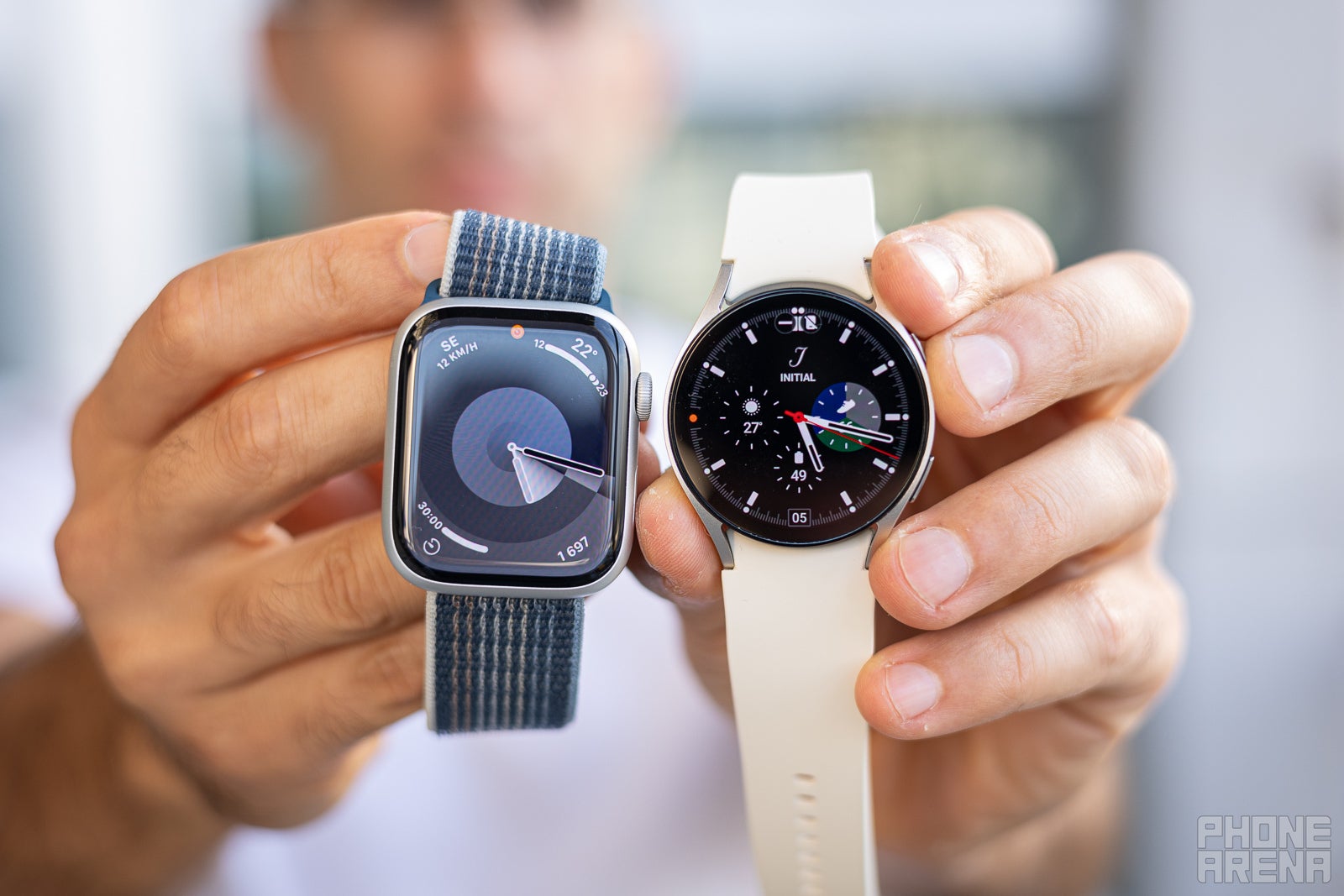
(Image Credit - PhoneArena) Which one would you go for?
So which one is the better watch?
In terms of pure functionality and speed, we have to give it to the Apple Watch: it runs smoother, it feels more refined, and it's heart rate accuracy is way better than on the Galaxy Watch. Sleep tracking also shows some weird results on the Galaxy Watch, and the Apple Watch data is a bit more reliable.
However, if you are not dead set on getting the most perfect readings, the Galaxy Watch is A. cheaper, and B. it is round and looks more stylish in our subjective opinion.
These are also one of very few watches out there that come with cellular connectivity, which can be very useful to many people.
But... which one do you like better? And which one is the ultimate smartwatch?
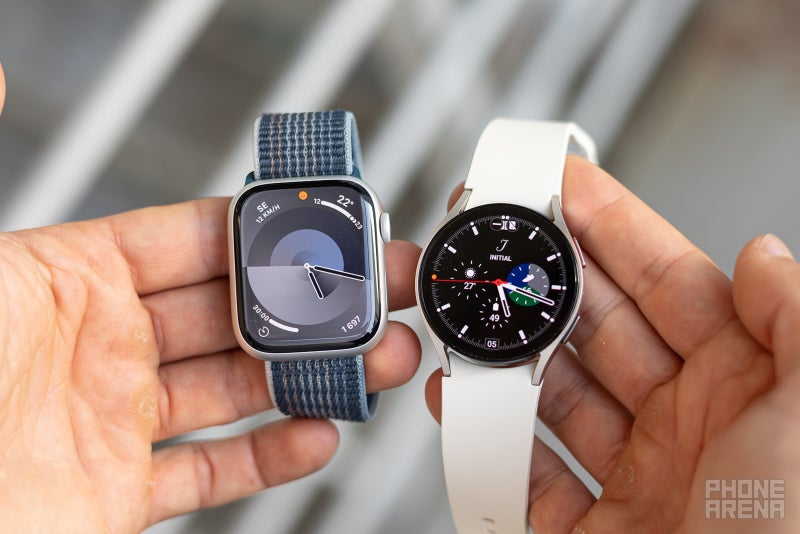
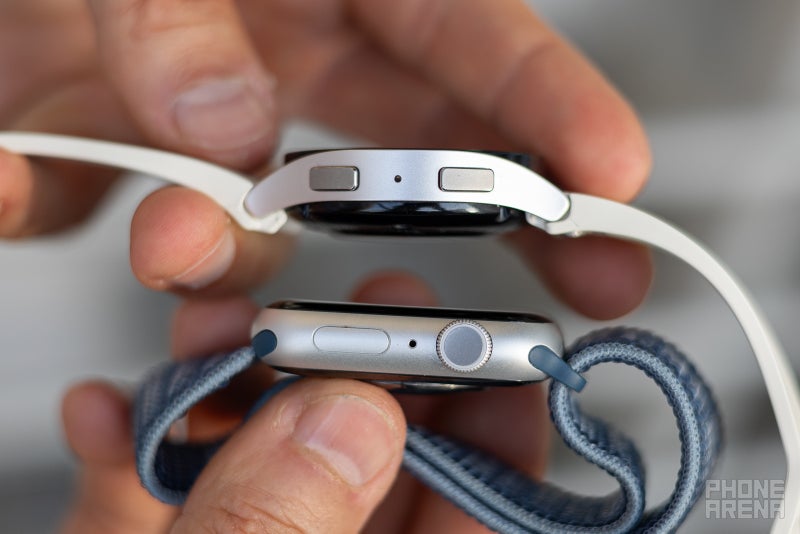




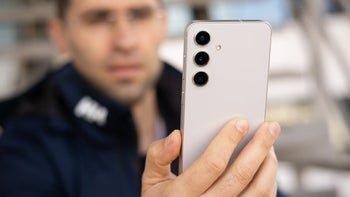

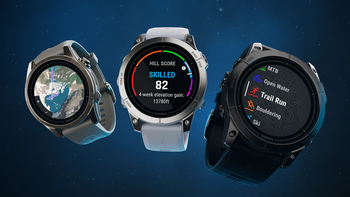
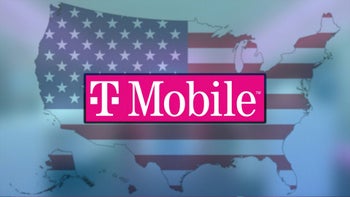








Things that are NOT allowed: